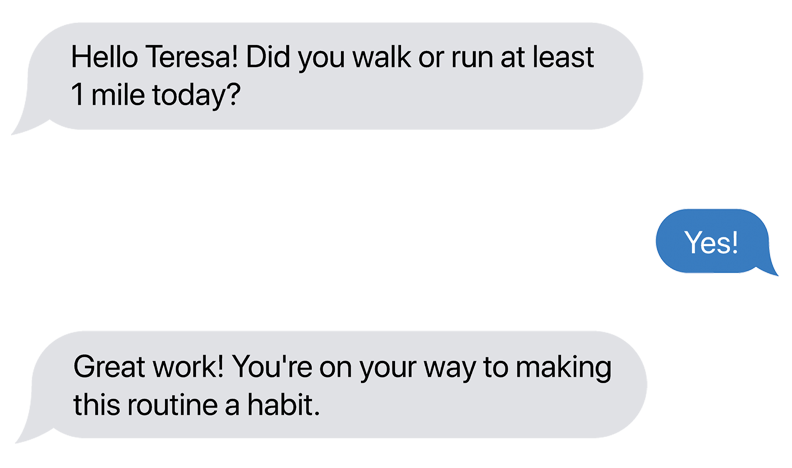The Window of Opportunity to Prevent Alzheimer's Starts 20-30 Years Before Memory Loss
Act early and often
Biological brain changes are now known to precede symptoms, building over decades
Nearly half of dementias may be delayed or prevented by managing the most common modifiable risk factors (things within your control)
The landmark 2015 FINGER study and the 2024 Lancet Commission on Dementia Prevention, Intervention, and Care confirm that multi-domain lifestyle choices can lower risk


“It is never too early or too late to reduce dementia risk.”
–The Lancet, 2024
Act early and often

Biological brain changes are now known to precede symptoms, building over decades
Nearly half of dementias may be delayed or prevented by managing the most common modifiable risk factors (things within your control)
The landmark 2015 FINGER study and the 2024 Lancet Commission on Dementia Prevention, Intervention, and Care confirm that multi-domain lifestyle choices can lower risk
“It is never too early or too late to reduce dementia risk.”
–The Lancet, 2024
Text messaging supports behavior change


Text message communication is a proven tool in promoting health behavior change.
Research shows that text messaging is effective in promoting physical activity, smoking cessation, weight loss, cardiovascular disease prevention, and more. Texts enhance motivation, adherence, and satisfaction.
RetainYourBrain™ uses SMS text messaging to establish a personalized connection with the user.
Text messaging supports behavior change
Text message communication is a proven tool in promoting health behavior change.

Research shows that text messaging is effective in promoting physical activity, smoking cessation, weight loss, cardiovascular disease prevention, and more. Texts enhance motivation, adherence, and satisfaction.
RetainYourBrain™ uses SMS text messaging to establish a personalized connection with the user.












